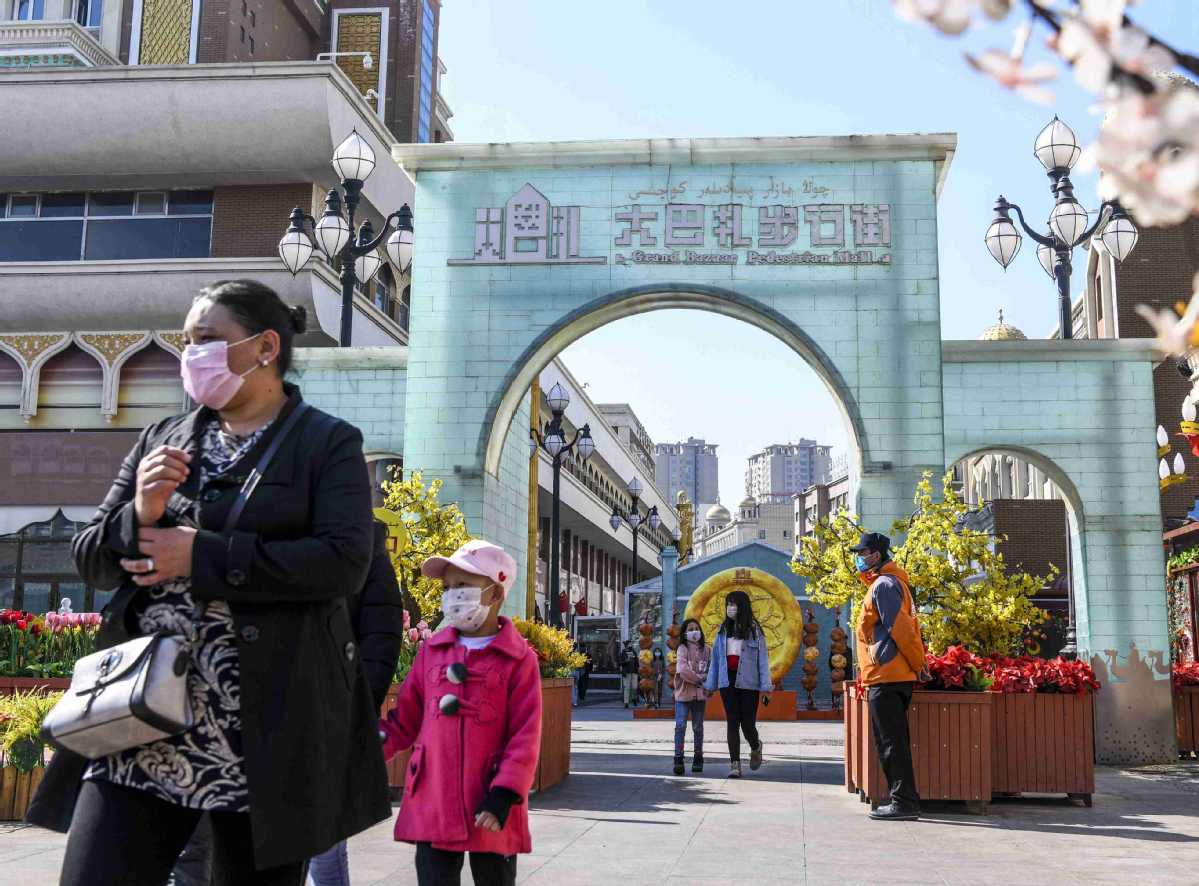Cities look at longer weekends to boost consumption and tourism


Many regions and cities across China have declared a"2.5-day-a-week" vacation system to boost consumption and tourism now that the novel coronavirus outbreak has been largely controlled in the country.
Since March, Hebei, Zhejiang and Jiangxi provinces, Longnan in Gansu province and Lichuan in Hubei province have launched the 2.5-day-a-week vacation system, providing residents a longer weekend to spend with their families.
The State Council, China's Cabinet, had proposed a "4.5-day flexible working system" as early as August 2015 to promote tourism. But in many regions that became a reality only recently, when the authorities began promoting consumption and tourism, which dropped drastically because of the strict epidemic prevention and control measures.
Tourism and transportation industries, particularly the aviation industry, have suffered heavily because of the suspension of business in the past three months.
The National Bureau of Statistics' data show the country's total retail sales of consumer goods declined 19 percent year-on-year in the first quarter of 2020.
As the epidemic situation has largely been controlled now, on-the-spot consumption and tourism activity is recovering gradually. Many regions are looking at the Labor Day holiday to increase consumption.
They are also keen on promoting a 4.5-day-a-week flexible working system to allow people time to undertake short-distance self-driving trips to boost the retail and hospitality sectors. Unlike long-distance public transport trips, short-distance self-driving trips reduce infection risk.
However, many feel the well-intentioned policy will be difficult to implement in enterprises that cannot even guarantee two-day weekends. The impact of the pandemic on the economy will also make it difficult for some enterprises to sanction longer weekends.
It might be easier to introduce extended weekends in government and institutions, but some fear that reduced working hours for government agencies will inconvenience the public. Therefore, this good-intentioned policy's future boils down to effective implementation.
































